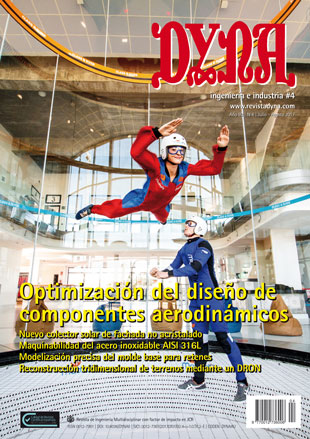SISTEMAS DE ACOPLAMIENTO DE RIGIDEZ VARIABLE EN PLANTAS INDUSTRIALES CON GENERACION DISTRIBUIDA
Palabras clave:
Cogeneración, Operación en Modo isla, generación distribuida, Huecos de Tensión, Electrical cogeneration, Islanding operation, distributed generation, Voltage sags, power qualityResumen
Existen plantas industriales con cogeneración CHP (Cogeneration Heat and Power) que trabajan eléctricamente como generación distribuida (DG). En estas plantas la unidad de cogeneración (CHP) opera en paralelo con la red, pero en ocasiones por problemas eléctricos, se decide pasar a modo de operación en isla. Este modo se activa cuando aparecen perturbaciones en la red o se prevé que las haya. Durante el modo en isla la planta sufre por la poca estabilidad eléctrica de la generación propia. Los problemas de estabilidad se refieren principalmente a estabilidad en frecuencia y tensión. También existen problemas en el momento de la reconexión al salir del modo isla al modo normal. Para evitar estos problemas en el presente documento se propone una solución alternativa entre la conexión rígida a la red y el modo isla, que llamaremos acoplamiento de rigidez variable (ARS Adaptative Rigid System). Mediante este sistema podremos alejarnos eléctricamente de la red lo suficiente para que sus perturbaciones no alteren el funcionamiento de nuestra planta industrial. Y por otro lado podremos seguir disfrutando de la estabilidad eléctrica que nos aporta la conexión a la red exterior. Terminaremos describiendo las ventajas de este sistema(ARS) frente a los modos de operación habituales.Descargas
Publicado
2017-07-01
Número
Sección
ARTICULOS

